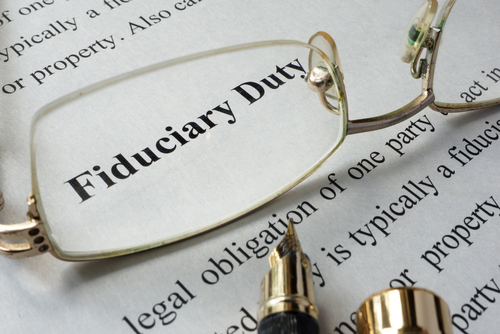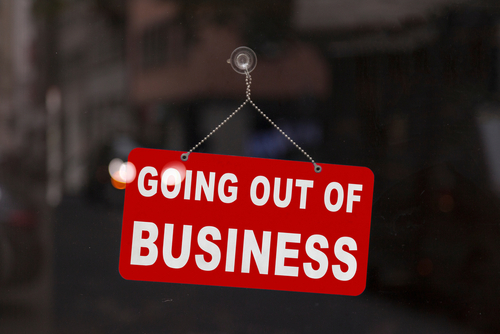You can’t just get out of your contract because you want to. Rather, you can ask several questions to help determine whether there are valid legal arguments for you to defend against, rescind, or terminate a contract. Here are ten questions to consider if you’re wondering how to get out of your New York contract.
1. Is there really a contract?
Offer, acceptance, and consideration are needed; the parties must come to an understanding, or in legal terms “a meeting of the minds.” Lilibet LLC offers to sell bracelets for $5 each; you counteroffer for $3 each. There’s no contract yet because you didn’t accept the offer.
2. Is there an agreement to terminate?
The parties can agree to terminate the original agreement. However, the operative word here is “agree.” This means that the agreement must be mutual. Typically, this occurs in the early stages when neither party has relied on the other. However, it can occur at any time as long as both parties decide that they want termination.
3. Is there a condition that wasn’t fulfilled?
If the parties base the contract conditionally on a certain event occurring (for example, a real estate purchaser acquiring financing) and that event hasn’t happened, then the other party doesn’t have an obligation to move forward. Whether a condition exists in the contract depends on the specific language and interpretation and that a condition can be waived, allowing the contract to continue.
4. Is there fraud?
If fraud exists, the nonfraudulent party may move to void the contract. This means that it is treated as if the contract never existed.
5. Is the contract legal?
If a contract is in violation of the law or against public policy, then it’s unenforceable, such as you can’t enforce a contract for the sale of stolen property. You may save a legal portion of the contract if it can be separated from the rest of the contract.
6. Was there a mistake?
If the parties mistakenly assumed important information about the contract, or if one of the parties knew or should have known about the other party’s wrong belief, then the court can treat this as the contract is void.
7. Is duress involved?
Duress occurs when an individual is pressured to enter the contract and they wouldn’t have agreed to the contract if it weren’t for the pressure. If the court rules that there was indeed duress, then you may get out of the contract. However, financial hardship is not typically considered duress.
8. Is there a material breach?
If a party has materially breached the contract, then the other party doesn’t have to perform their part. It’s something that hits so thoroughly at the crux of the contract that it defeats the point of having the contract, such as your contract specifies the purchase of pool tables, and you receive dart boards instead.
9. Is there lack of capacity?
The parties should have the legal capacity, meaning they can satisfy elements to enter the agreement. If a minor signs a contract to purchase a motorcycle, they can decide to either void the contract or enforce the deal because you usually have to have reached the age of majority.
10. Can impossibility be used as a defense?
If a party can raise impossibility as a defense when an event makes it impossible to perform, then it works as an excuse for the non-performance. This is true as long as neither party assumed the risk of the impossibility.
Consult with a Business Lawyer About Your Contract
There are many ways to avoid contractual claims. But it will depend on the facts of your case. Speak with an experienced business lawyer with your questions. You can reach one of our skilled MOWK Law attorneys right away to learn of possible options. Contact us now for details.










